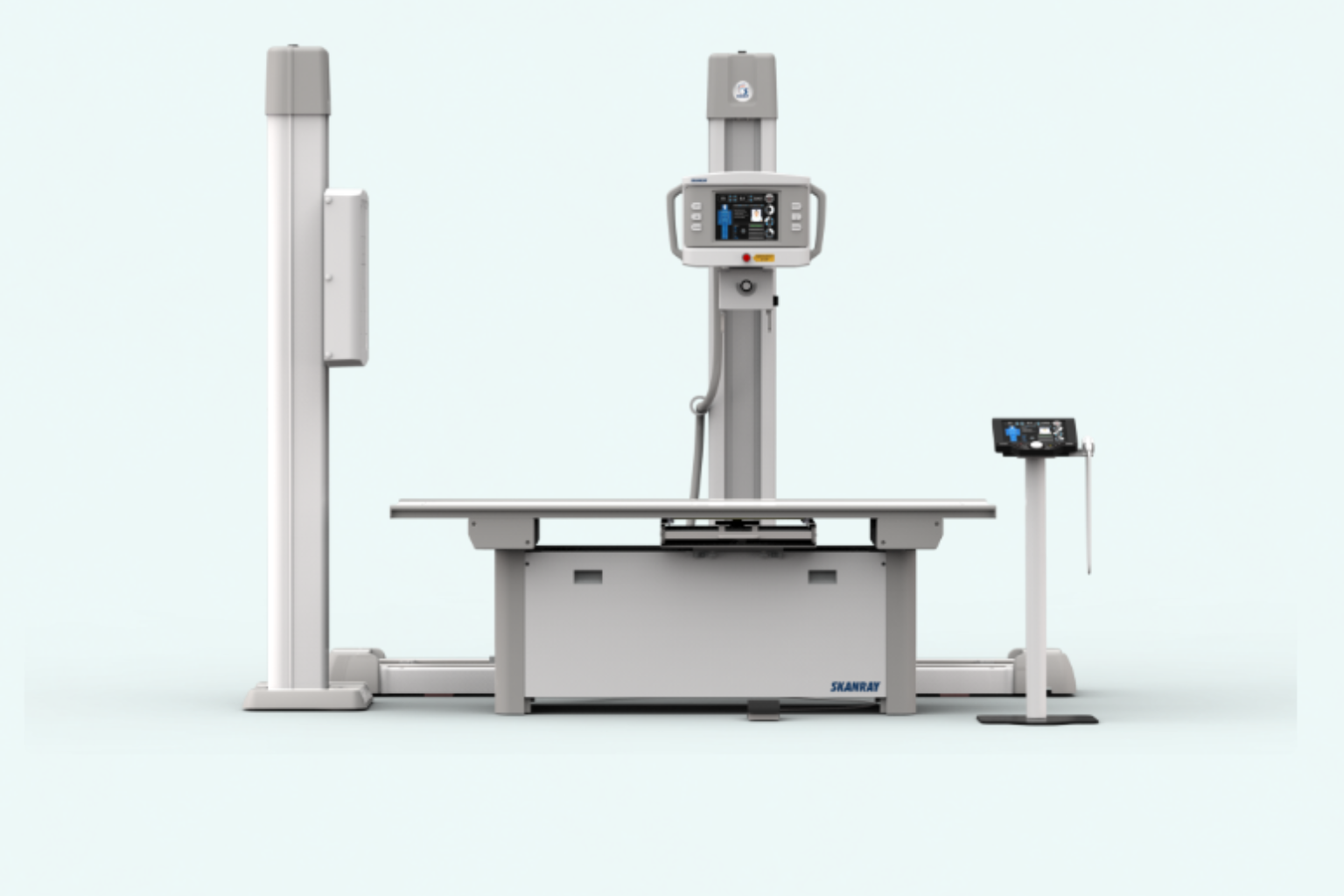- What is care?
Care is the act of being completely present at the time, focusing on considerations, sentiments, and sensations without judgment. It includes zeroing in on the present as opposed to choosing not to move on or stressing over what’s to come.
- How does care work on emotional well-being?
Care lessens pressure, tension, and misery by empowering unwinding, working on profound guideline, and encouraging a more prominent feeling of mindfulness and acknowledgment of contemplations and sentiments.
- Might care at any point assist with tension and despondency?
Indeed, care has been displayed to assist with diminishing side effects of nervousness and sadness by training people to notice their contemplations and feelings without responding adversely or becoming overpowered by them.
- What are the advantages of care for pressure decrease?
Care diminishes pressure by advancing unwinding, bringing down cortisol levels, and empowering a more adjusted and less receptive way to deal with difficulties or distressing circumstances.
- How would you rehearse care day to day?
You can rehearse care through exercises like careful breathing, reflection, careful eating, or just taking a couple of seconds during the day to check in with your viewpoints and sentiments. Consistency is vital to creating care as an everyday propensity.
- Could care at any point further develop concentration and focus?
Indeed, care can further develop concentration and focus via preparing the cerebrum to remain right now, decreasing interruptions, and upgrading mental command over consideration and mindfulness.
- What is the contrast among care and reflection?
While care is a condition of mindfulness that can be rehearsed whenever, reflection is a particular practice that frequently includes sitting in a calm space, zeroing in on the breath or a mantra, and developing care.
- How long would it be a good idea for you to rehearse care every day?
Indeed, even a couple of moments of care every day can make positive impacts. Novices might begin with 5-10 minutes, slowly expanding the time as they become more alright with the training.
- Are there explicit care activities to work on psychological wellness?
Indeed, normal care practices incorporate body check reflection, careful breathing, directed contemplation, and care strolling. These activities assist you with tuning into your body and brain, making a feeling of quiet and mindfulness.
- Might care at any point assist with rest issues?
Indeed, care can further develop rest by assisting with calming the psyche, lessen overthinking, and advance unwinding before sleep time, prompting better rest quality and span after some time.









Création de compte Binance
Your article helped me a lot, is there any more related content? Thanks!